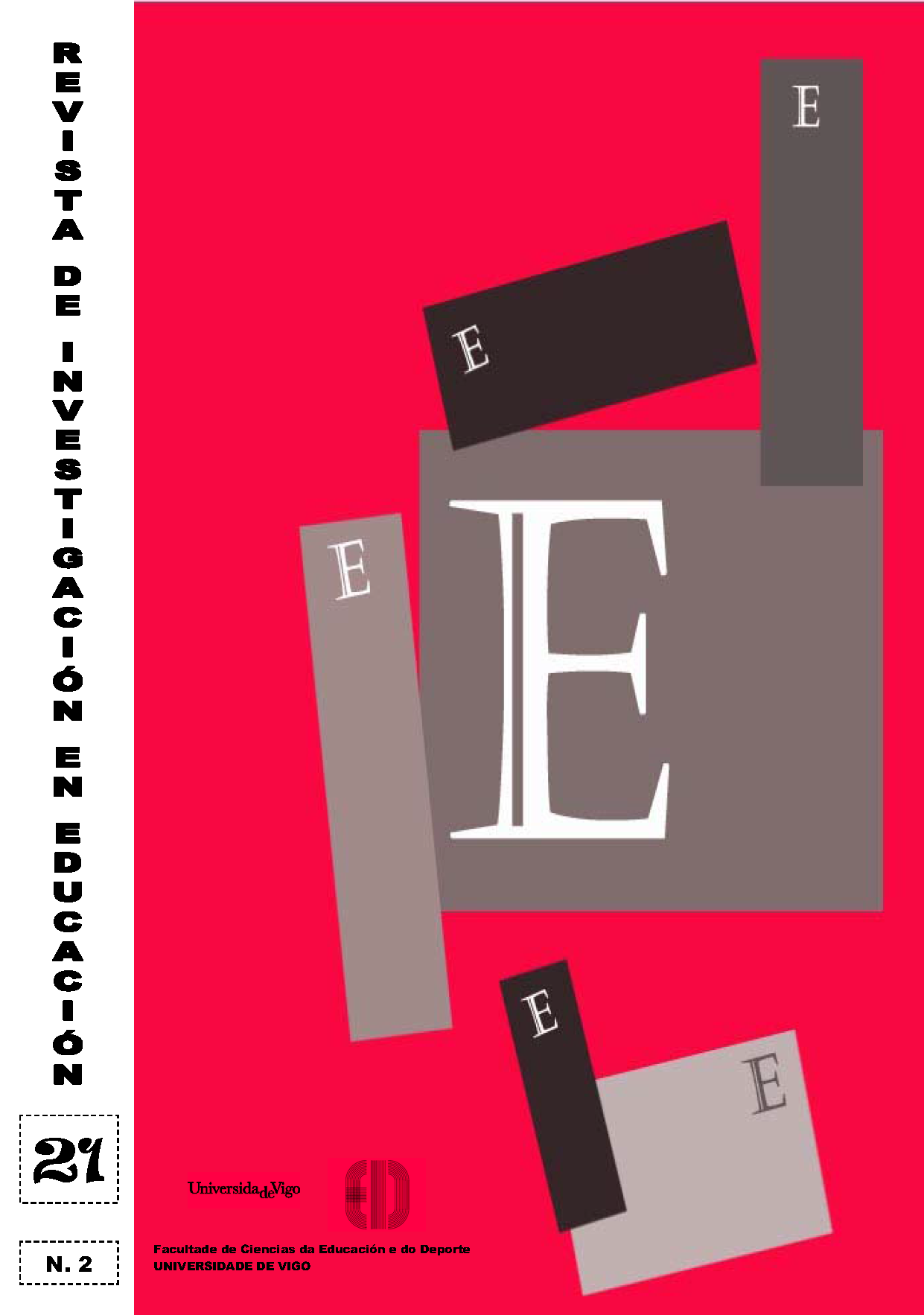Comparative of Face-to-Face, Blended and On-line scenarios in Higher Education: Analysis of its effects on academic results considering the interaction with e-learning platforms
DOI:
https://doi.org/10.35869/reined.v21i2.4607Keywords:
Higher Education, E-Learning Platforms, Exploratory and Confirmatory Data Analysis, Polynomial Extended Regress Model, Treatment EffectsAbstract
The aim of this work is to analyze the effect of face-to-face, blended and on-line scenarios on students’ academic results considering the interaction with e-learning platforms. The results show that academic results are not affected by the learning scenario, while the degree of interaction with e-learning platforms is affected by the learning scenario. Furthermore, Treatment Effects model has been used to study the learning scenario and the interaction with e-learning platforms together. In this case, the academic results are affected by the on-line versus the face-to-face scenario but are not affected by the blended versus the face-to-face scenario. Specifically, on an average value of 4,14 points, obtained from the academic results of all students, with an on-line treatment, the results drop 1,01 points (24,41%), while with a blended treatment, the results drop 0,38 points (9,13%). Finally, utilizing Fractional Polynomial Extended Regress, prediction models are proposed for each of the scenarios.
Downloads
Downloads
Published
Issue
Section
License
Copyright (c) 2023 Revista de Investigación en Educación

This work is licensed under a Creative Commons Attribution-NonCommercial-NoDerivatives 4.0 International License.
The acceptance of the papers for publication, means that the printing and reproduction rights are owned by the journal. The conditions of use and reuse of content are those established in the Creative Commons CC BY-NC-ND 4.0 license.



